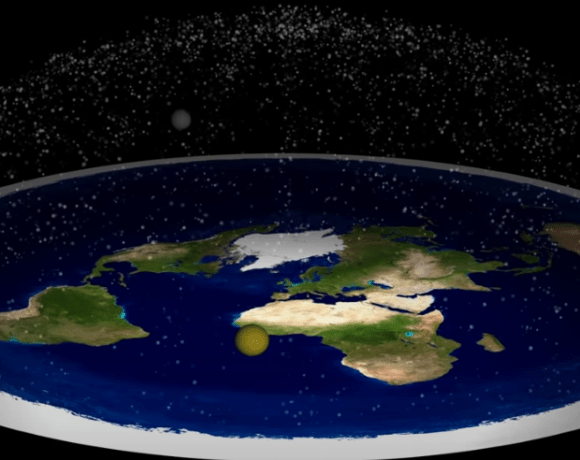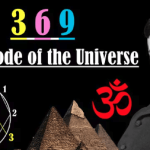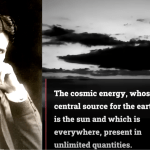Introduction: Questioning the Heliocentric Model
For centuries, the heliocentric model has been taught as a scientific fact, with Earth being one of eight planets orbiting the Sun. However, many people have started to question this widely accepted theory, arguing that the Earth is not a planet but a unique and special entity. This article will explore the arguments against the heliocentric model, discuss the evidence that supports the geocentric model, and encourage you to watch an insightful video that dives deeper into this controversial topic.
The Origins of the Heliocentric Model
The heliocentric model was first proposed by Nicolaus Copernicus in the 16th century and later developed by Galileo Galilei and Johannes Kepler. This theory replaced the previously accepted geocentric model, which portrayed Earth as the immovable center of the universe with celestial bodies revolving around it. Despite the shift in scientific thought, several inconsistencies and questions have arisen regarding the validity of the heliocentric model.
The Problem with Planets
According to the heliocentric model, Earth is just one of eight planets in our solar system, each with unique characteristics and properties. However, the observable evidence for these other celestial bodies is lacking. If Earth were truly a planet, we should be able to observe it and other planets from space. However, no such direct observation has been made, leading many to question the existence of these supposed planets.
The Geocentric Model: A More Plausible Alternative
In contrast to the heliocentric model, the geocentric model places Earth as the center of the universe, with the Sun, Moon, stars, and planets all revolving around it. This perspective is more in line with what we can observe with our own eyes and offers a more plausible explanation for the behavior of celestial bodies.
The Psychological Impact of the Heliocentric Model
One of the main reasons some argue against the heliocentric model is the psychological impact it has on humanity. By portraying Earth as just another insignificant planet, people are led to feel small and unimportant. In contrast, the geocentric model emphasizes the uniqueness and significance of Earth, empowering individuals to recognize their true potential as powerful beings.
The Video: A Deeper Dive into the Heliocentric Model Controversy
For those interested in learning more about the arguments against the heliocentric model and the evidence supporting the geocentric model, we highly recommend watching the video we’ve mentioned. This informative and thought-provoking video will provide you with a deeper understanding of this controversial topic and challenge your current beliefs.
Conclusion: Embracing Earth’s Uniqueness
As we question the widely accepted heliocentric model and consider the evidence supporting the geocentric model, it becomes clear that Earth is not just another planet in the solar system. Instead, it is a unique and special entity deserving of our appreciation and respect. By embracing this perspective, we can begin to realize our true potential and live a more empowered existence.




















